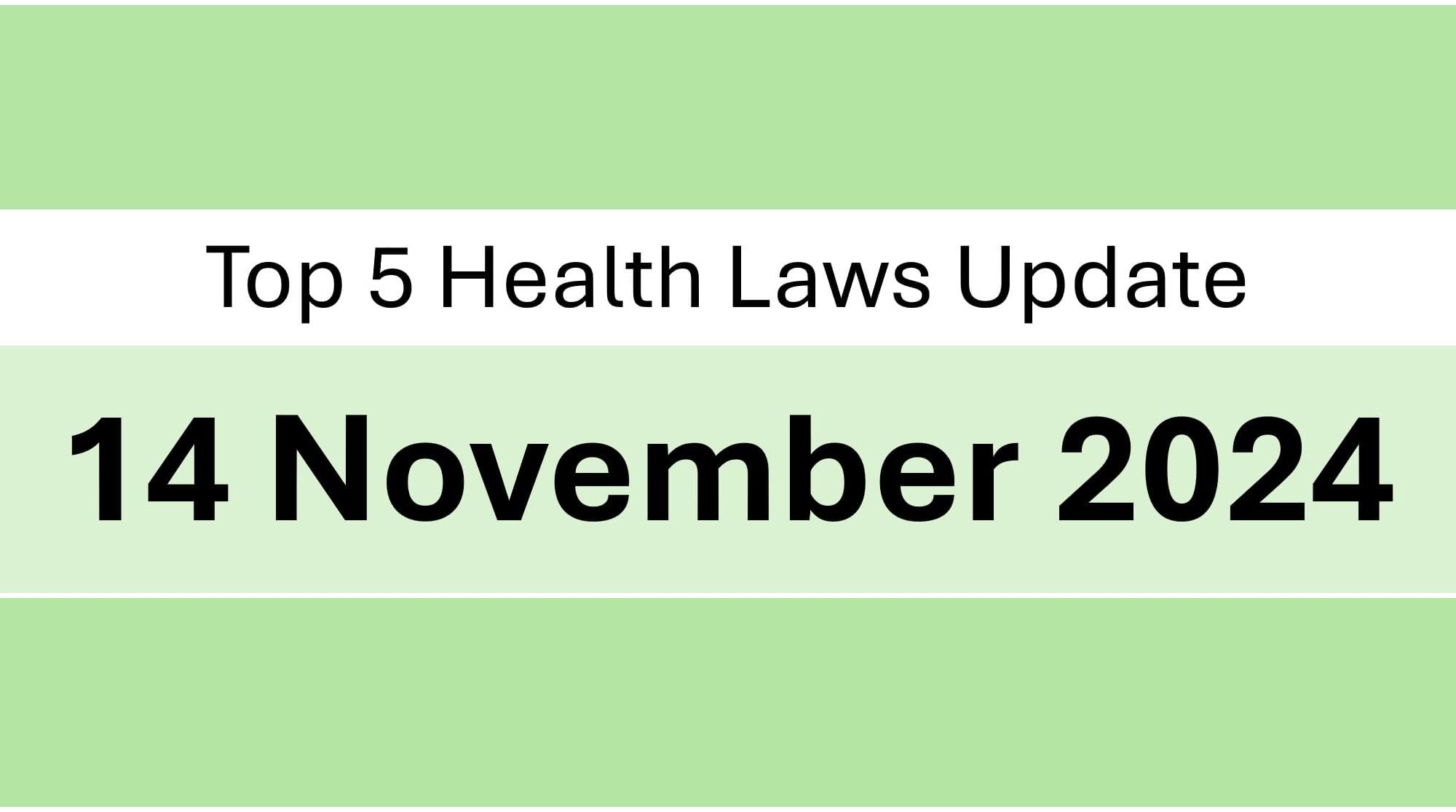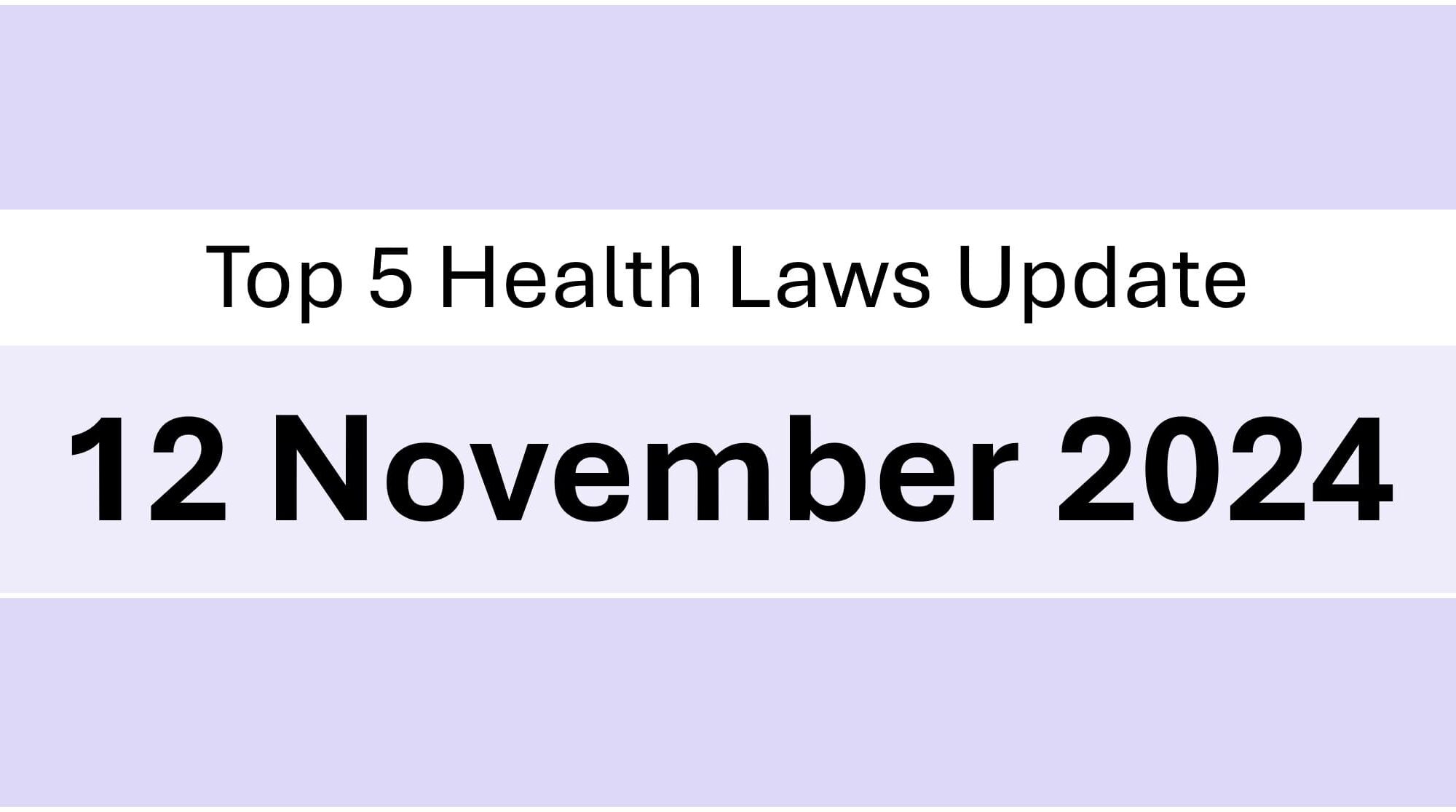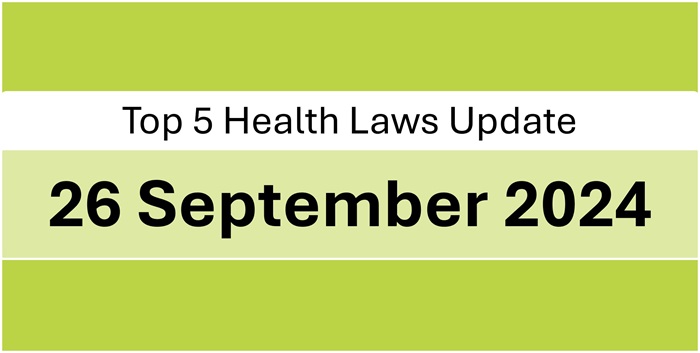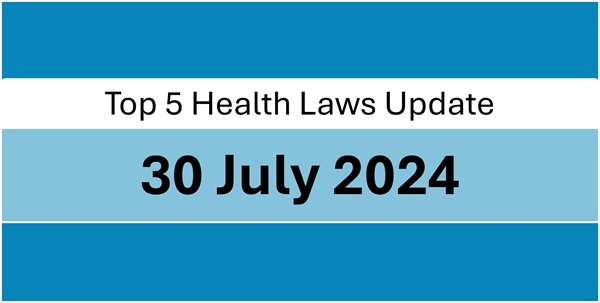In March 2024, Department of Pharmaceuticals (“DoP”) published a guidance titled ‘The Uniform Code for Pharmaceutical Marketing Practices, 2024’ (“UCPMP”) which lays down the standards for interaction between pharmaceutical and medical device industry and healthcare practitioners. The UCPMP 2024 replaced a similar 2015 guidance.
More recently, the DoP has issued a Standing Order which implores importers, manufacturers and marketers of drugs and medical devices to submit a self-declaration signed by the seniormost executive of the organization promising compliance with UCPMP. If the entity is a member of an industry association, then the self-declaration has to be submitted to the industry association, and if not, then to the DoP at the email address: dop.ucpmp@gov.in.
In this article, we have examined whether there is any legal requirement for importers, manufacturers and marketers of pharmaceuticals and medical devices to provide self-declaration under UCPMP. We have also examined the consequence of providing the self-declaration and ramification of not providing such self-declaration.
Background to UCPMP Self-Declaration
The UCPMP itself has language which gives the DoP the ability to issue Standing Orders to introduce new guidelines which should be read as if they are part of UCPMP.
Through the Standing Order On 28th May 2024The DoP introduced a new self-declaration requirement in addition to the self-declaration requirement already existing under UCPMP 2024. The UCPMP had a self-declaration expectation under which the seniormost executive of the organization had to declare that the organization had complied with the UCPMP in the financial year (April – March) that had elapsed. The new self-declaration requirement, which was introduced by the Standing Order, now expects the senior executive to undertake that the organization will comply with UCPMP in the ongoing/ upcoming financial year.
Is UCPMP enforceable as a law?
India’s Supreme Court has affirmed that for any circular, order, notification or similar direction issued by any governmental department to be considered enforceable, it has to be issued under the scheme of an existing legislation.
The UCPMP is neither a legislation nor has it been issued under the scheme of any existing legislation. Therefore, it should not be considered enforceable as a law in India. In other words, no government department or authority including the DoP should be able to take any action if an importer, manufacturer or marketer of pharmaceuticals or medical devices is unable to comply with UCPMP.
Is a Standing Order issued under UCPMP enforceable as law?
India’s Supreme Court has held that standing orders issued in exercise of administrative powers of any department are only enforceable if such Standing Order(s) are based on powers granted under a parent statute. As indicated in paragraphs above, the UCPMP is not a law. Therefore, a Standing Order issued in pursuance of UCPMP should not be treated as enforceable by law.
Is giving the Self-Declaration mandatory? What are the consequences of not giving the self-declaration?
Since UCPMP is not law and Standing Order issued through it which expects submission of the Self-Declaration is not legally enforceable, there should not be any adverse legal consequence of not giving the self-declaration.
However, if an entity is part of a pharmaceutical or medical device industry association, then the association may suspend or expel the entity from the association for failing to submit the undertaking.
The association and DoP may also take other steps, such as reprimand the entity and require a full apology to be published, however such a step would be disproportional and therefore improbable.
If the self-declaration is submitted, but the entity fails to comply with UCPMP, then what happens?
In general, whether the entity gives the self-declaration (undertaking) or not, the consequences of non-compliance of UCPMP will not change. These consequences are:
- Suspension or expulsion of the entity from the concerned pharmaceutical or medical device association of which the entity is member;
- Reprimand of the entity;
- Requiring the entity to a full apology to be published;
- Requiring the entity to issue a corrective statement;
- Requiring the entity to recover any sums or articles given or received in contravention of the UCPMP;
- Recommending the matter of breach to concerned governmental body having appropriate jurisdiction.
However, if the undertaking is given, and there is a non-compliance of UCPMP, there may be serious consequences.
Consequences of non-compliance with UCPMP after submission of self-declaration
Under India’s penal codes, it is punishable to give a declaration which the person knows is or believes to be false, or does not believe to be true, which is received by an authority as evidence of a fact.
The language of the self-declaration states that the entity shall provide “all required assistance to authorities for the enforcement” of UCPMP.
In the event of any inquiry into non-compliance of UCPMP, if the entity does not co-operate with DoP or panel of auditors appointed by UCPMP, there is a possibility that the DoP may initiate criminal prosecution on grounds of providing a false undertaking that the entity will assist in the enforcement of the UCPMP.
Similarly, if it is established that the entity has breached UCPMP, then DoP may initiate criminal prosecution on grounds of providing false undertaking that the entity shall comply with the UCPMP.
The chance of such prosecution succeeding in trial is not guaranteed however, due to a strong technical defence that exists with every entity who has given the self-undertaking: which is that the undertaking was given without knowledge or belief that it would be treated as ‘evidence of fact’. However, the possibility of a different outcome cannot be completely ruled out.
Tax Consequence of providing the self-undertaking under UCPMP
The Supreme Court has ruled in Apex Laboratories Pvt. Ltd. v Deputy Commissioner of Income Tax (2022) 7 SCC 98 that any expense incurred by an entity in the pharmaceutical or medical device industry, in the course of its dealings with Doctors, that results in an violation of the Indian Medical Council (Professional Conduct, Etiquette and Ethics) Regulations, 2002, in the hands of Doctors, will be an expense impermissible for deduction under Sec. 37(1) of the Income Tax Act, 1961.
The Supreme Court, however, has not ruled that any expense incurred in its dealings with Doctors by an entity in pharmaceutical or medical device industry which may be in violation of the UCPMP will also be an expense impermissible for deduction under Sec. 37(1) of the Income Tax Act, 1961.
The recent amendment to Sec. 37(1) of the Income Tax Act, 1961 which has given “guidelines” the status of law such that any expense incurred in violation of “guidelines” would also be an expense impermissible for deduction, would not extend to UCPMP even though it is a “guideline”, because the scope of the term “guidelines” under this provision may include only those guidelines which apply to the receiving party of any expense sought to be deducted under Sec. 37(1), in the current fact scenario: Doctors. By implication, it would not cover any other guideline such as UCPMP which may apply to the pharmaceutical and medical device industry.
Therefore, the current position of law is that an expense incurred in violation of the UCPMP will be inadmissible for deduction only when the violation also results in a violation of the Indian Medical Council (Professional Conduct, Etiquette and Ethics) Regulations, 2002, or any other law or guideline. However, if the self-declaration is given by an entity then it may vitiate defences available in proceedings before the tax authorities.
Conclusion
It is clear that UCPMP is not law and therefore non-submission of self-declaration \by itself should not result in any legal action.
In fact, submission of the self-undertaking may invite more serious repercussions as opposed to non-submission of the self-undertaking. Therefore, the importers, manufacturers and marketers of pharmaceuticals and medical devices should adopt a cautious approach to submitting the self-undertaking under UCPMP.





